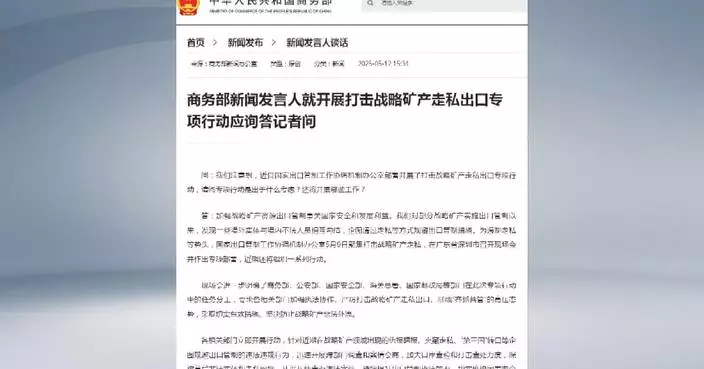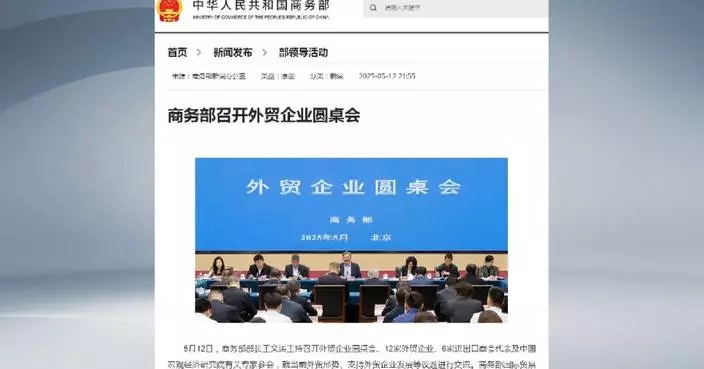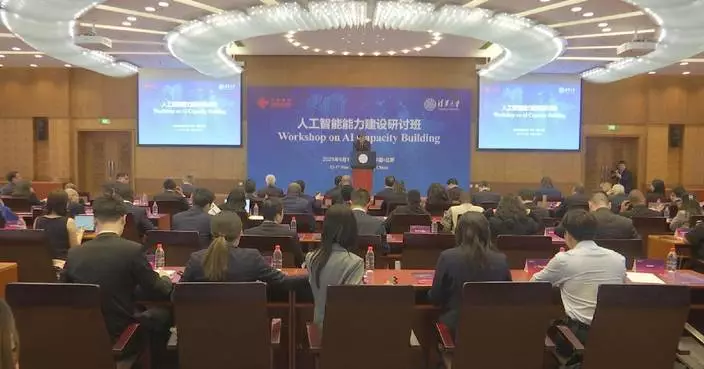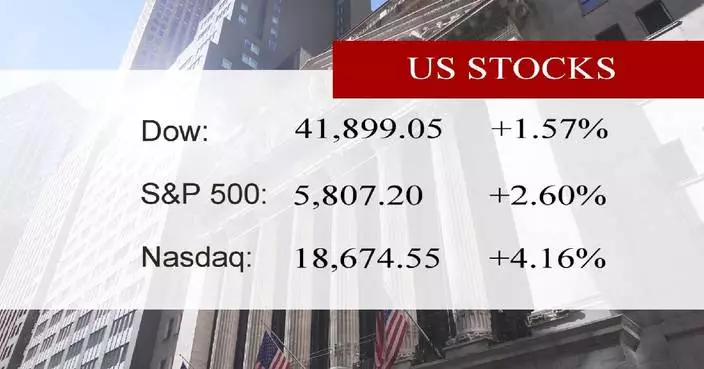Thousands of spectators were treated to a visual feast of bright "supermoon" glowing over surging tidal bore along the banks of the Qiantang River in east China’s Zhejiang Province on the night of the Mid-Autumn Festival, which fell on Tuesday this year.
The traditional festival, celebrated annually on the 15th day of the eighth month in the Chinese lunar calendar, fell on Sept 17 this year. It is a joyous time when families come together to appreciate the full moon and usually coincides with the highest waves of the Qiantang River tidal bore.
People gathering at the Guanchao (Tide-watching) Resort Park in Yanguan Town, Haining City cheered when the much-anticipated full moon slowly rose, and lighted up the night sky and the entire riverbank at around 18:00 local time.
As the moonlight sprinkled on the surface of the Qiantang River, the night tidal bore started staging a dramatic display, with ever-changing waves rushing forward and crashing against the shore with a thunderous roar.
Known for the world's largest tidal bore, the Qiantang River offers a variety of tidal types that can be observed from different vantage points, creating awe-inspiring scenes that draw countless visitors every year.
The annual Mid-Autumn Festival, also known as the Moon Festival, is one of the most significant traditional festivals in China. According to the lunar calendar, the moon is at its fullest and brightest on that day.

Stunning full moon, surging tidal bore captivate spectators in Zhejiang






















































